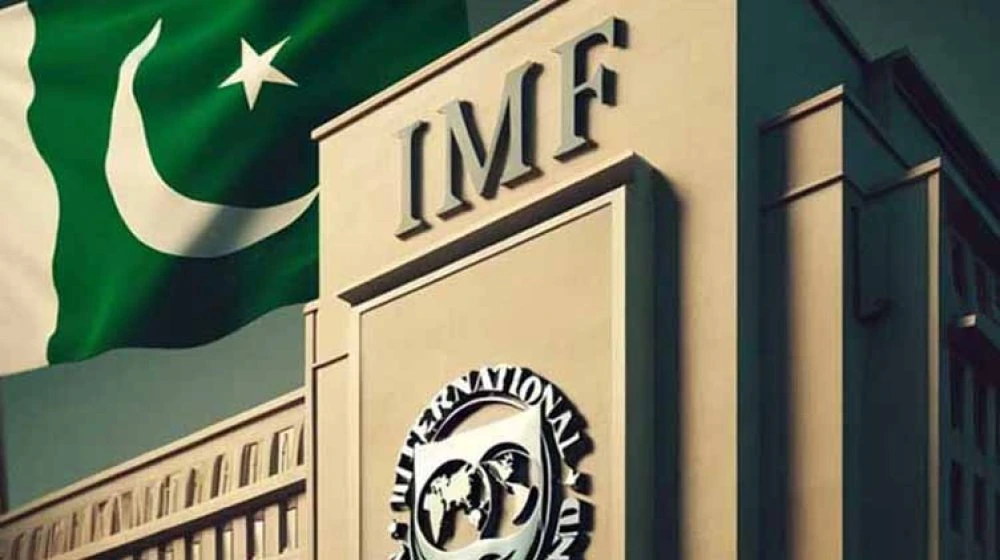The IMF trade data discrepancy in Pakistan has raised concerns as the International Monetary Fund asked Islamabad to clarify $11 billion worth of mismatched trade figures reported by two government agencies over the last two fiscal years.
Sources revealed that import data from Pakistan Revenue Automation Limited (PRAL) was $5.1 billion lower than that of Pakistan Single Window (PSW) in FY 2023-24, with the gap widening to $5.7 billion the following year. PSW’s dataset is more comprehensive and also exceeds the import figures compiled by the State Bank of Pakistan (SBP).
Officials briefed the IMF after the lender contacted the Pakistan Bureau of Statistics (PBS). The IMF urged Pakistan to adopt a clear communication policy explaining the data inconsistencies and methodology changes to maintain public and investor trust.
Authorities admitted that incomplete data had been sent to the International Trade Center (ITC) due to the transition from PRAL to PSW, but denied any intentional misreporting. PRAL, under the Federal Board of Revenue, captured limited trade categories, while PSW covered all goods declarations, including trade facilitation schemes.
A joint inquiry found that PBS’s outdated query system, unchanged since 2017, caused years of underreporting of imports, especially in textiles and metals. Nearly $3 billion in textile imports and $1 billion in metal imports went unrecorded last year.
Despite IMF pressure, PBS hesitated to revise old data, fearing its impact on export and growth figures. However, the IMF has asked Pakistan to correct and publicly share updated statistics to restore credibility.
Read More: Pakistan Likely to Secure $1 Billion IMF Loan Tranche
The IMF trade data discrepancy in Pakistan underscores the urgent need for transparency, accurate reporting, and consistent coordination between agencies to strengthen confidence in the country’s economic indicators.









